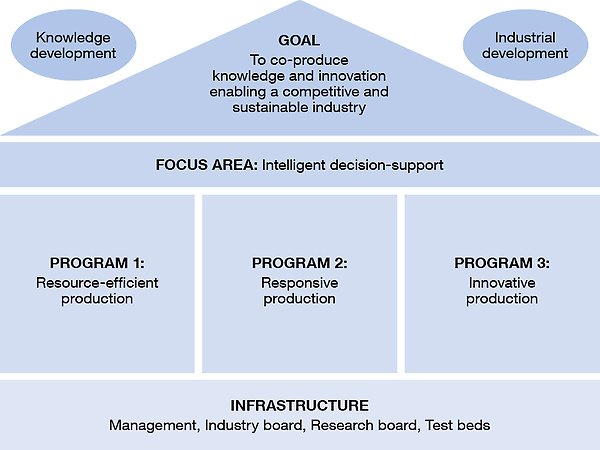Intelligent industry
The research in intelligent industry is focused on sustainable production, which is a key to creating a sustainable society. One of the major social challenges is how we will provide society with the products and services needed in a sustainable way.
Per Hilletofth and Niclas Björsell, research leaders for the area talks about Intelligent Industry and the research programmes within the area.
The digital industrial revolution continues with full force and the major challenge lies in creating intelligent production systems that make it possible for Swedish industry to produce and deliver products and services that society needs and at the same time not counteract sustainable development. Technical development in automation and digitalization drives this industrial transformation and our focus is on how we can use these possibilities to manage, design, plan and develop the productions system in a smarter way that enables new innovations and leads to sustainable production.
We must develop smarter systems, processes, ways of working, methods and tools to be able to produce and deliver the products and services that are needed in a sustainable manner.
Per Hilletofth, Research Leader
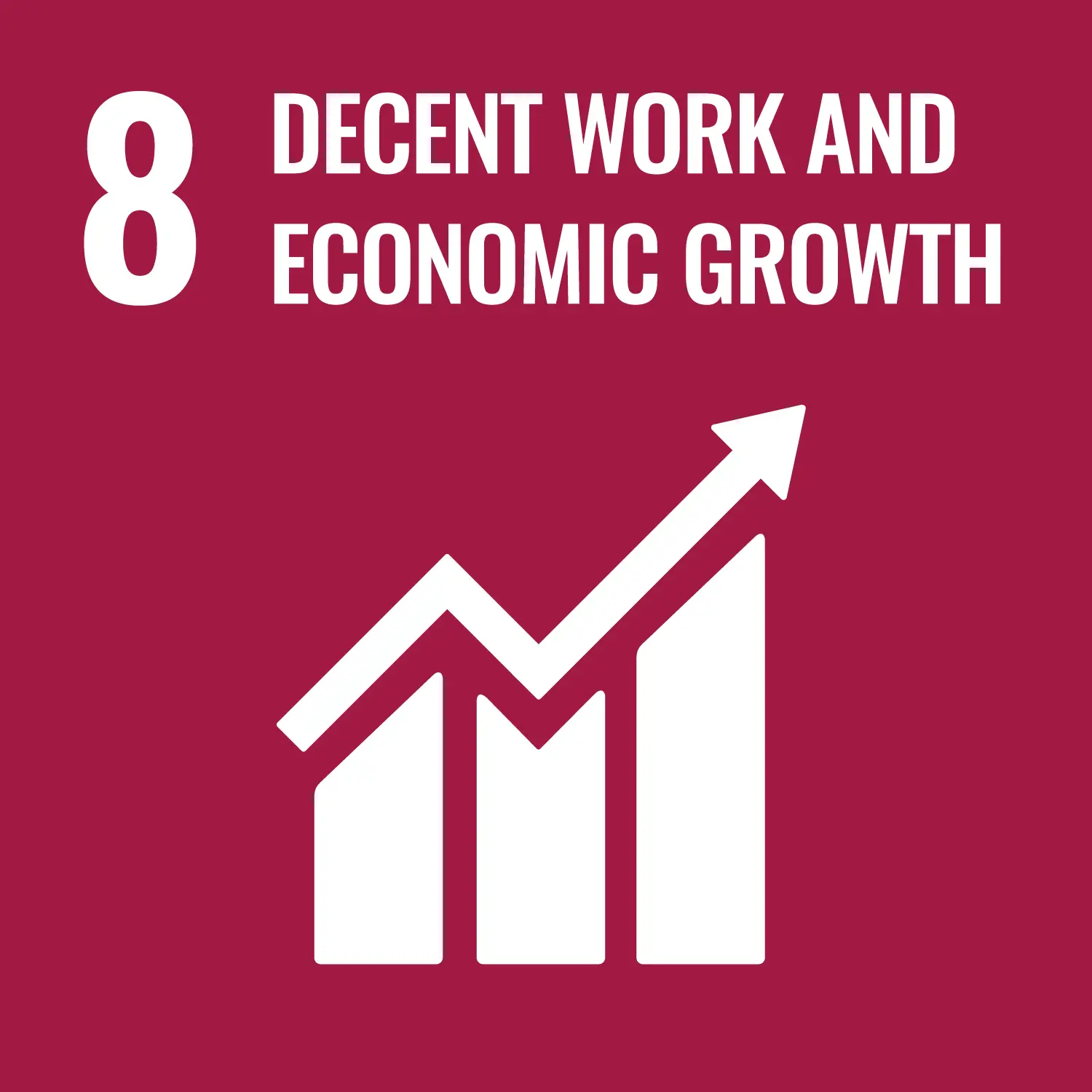
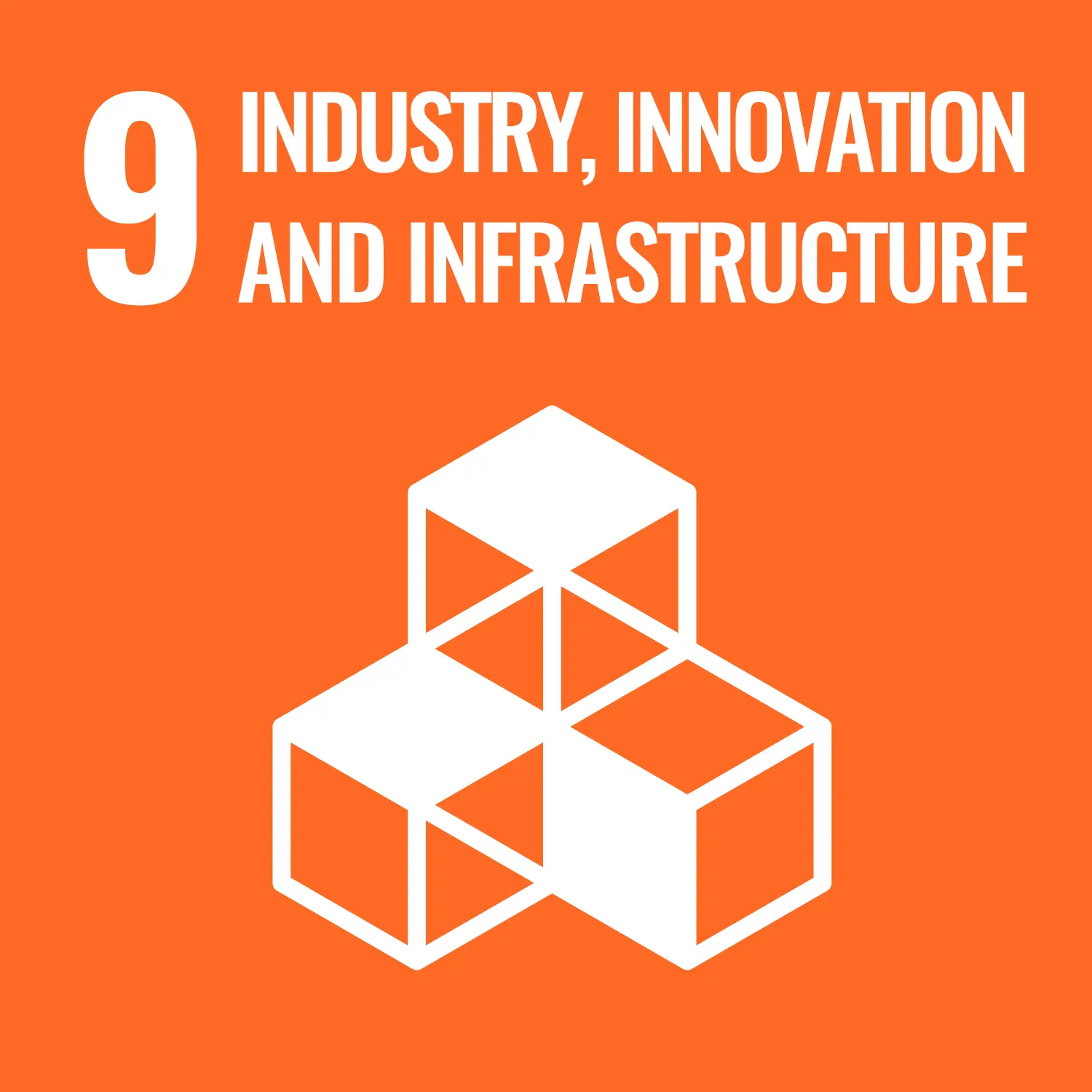
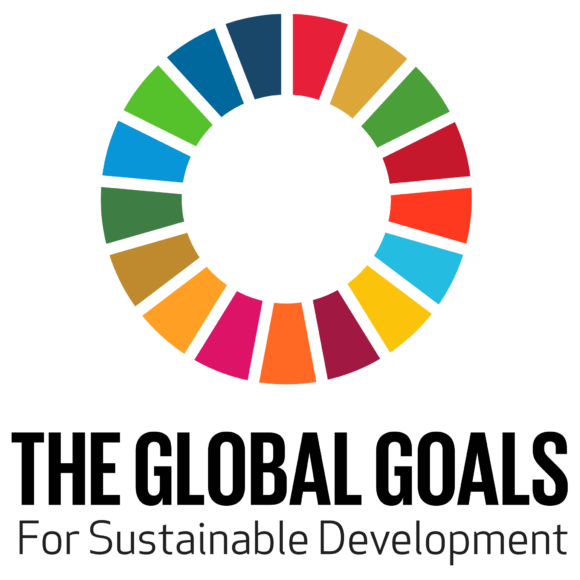
The strategic research domain Intelligent Industry addresses social challenges linked to goals 8, 9 and 12 in Agenda 2030.
Intelligent industry
The goal of the strategic research area Intelligent Industry is to co-produce knowledge and innovation enabling a competitive and sustainable industry, which is characterized by (a) low resource consumption and environmental impact, (b) high flexibility, responsiveness, and resilience and (c) high innovation capability, and is achieved by intelligent management, design, planning, and development of industrial organizations, systems, processes and flows with the help of advanced technology in interaction with people.
This means that the environment targets the societal challenge of sustainable production, including sub-challenges like green and digital transformation, and enhanced innovation capability. Ongoing technological development in automation and digitalization is fundamentally changing the possibilities for developing sustainable production systems and this requires joint efforts in the energy, production, and transport/logistics sectors.
The research is conducted in close cooperation with industry and aims to contribute both to industrial innovation and knowledge development. Interdisciplinary research is crucial for developing the required knowledge and the environment form a virtual arena for interdisciplinary collaboration between different research groups in industrial management, mechanical engineering, electrical engineering, energy systems, environmental science, business administration and computer science. The direction of the environment is developed and continuously revised in close collaboration with strategic industrial partners.
Research programmes
The research in this environment is organized into three interrelated research programs, including resource-efficient production (focusing on how to reduce resource consumption and environment impact), responsive production (focusing on how to increase flexibility, responsiveness, and resilience), and innovative production (focusing on how to increase innovation capability). These programs constitute the platform of the environment and within the platform intelligent decision support is a bridging focus area.
Research projects
Some of our ongoing research projects are listed below:
- ASSURE: Initial bedömning av beslut om omlokalisering av produktion
 External link.
External link. - Bioväx
 External link. (Region Gävleborg och Tillväxtverket)
External link. (Region Gävleborg och Tillväxtverket) - C-flow (Energimyndigheten)
- DIGITOOL
 External link.
External link. - EnerLEAN
 External link. (Region Gävleborg och Tillväxtverket)
External link. (Region Gävleborg och Tillväxtverket) - GREENER: Framgångsfaktorer för etablering och uppskalning av lokala livsmedelskedjor
 External link. (Familjen Kamprads Stiftelse)
External link. (Familjen Kamprads Stiftelse) - Hållbara affärsrelationer för innovativa SMEs internationalisering
 External link. (Region Gävleborg och Tillväxtverket)
External link. (Region Gävleborg och Tillväxtverket) - HIL - Horizontal innovation lab (Tillväxtverket)
- IDUN
 External link. - Intelligent digitaliserat underhåll (Region Gävleborg och Tillväxtverket)
External link. - Intelligent digitaliserat underhåll (Region Gävleborg och Tillväxtverket) - Inferens av kausala effekter (Vetenskapsrådet)
- Klimatallsvenskan (Sandbacka Park)
- MODIGO - mätteknik och databehandling för grön omställning
 External link.
External link. - PRUNUS - Prediktivt underhåll ur ett systemperspektiv
 External link. (KK stiftelsen)
External link. (KK stiftelsen) - RESORTEX
 External link.
External link. - RUSLIHUS (Region Gävleborg och Tillväxtverket)
- RUTSAM
 External link. (Tillväxtverket)
External link. (Tillväxtverket) - Samordnade logistiklösningar för livsmedel (Familjen Kamprads stiftelse)
- Sapiens (Horizon 2020)
- Vätgas
 External link. (Region Gävleborg och Tillväxtverket)
External link. (Region Gävleborg och Tillväxtverket)
Research leaders
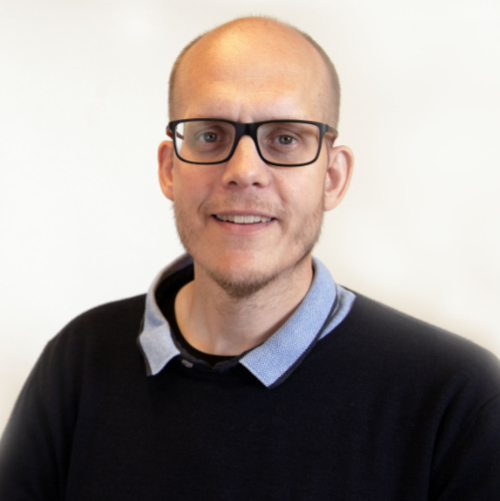
Contact Per Hilletofth if you have questions about the research project or read more about his research and see his publications in the research presentation.

Contact Niclas Björsell if you have questions about the research project or read more about his research and see his publications in the research presentation.
Industrial Graduate School INSPIRE
We are planning for a unique industrial graduate school focused on decision making and decision support.
This page was last updated 2024-04-18

